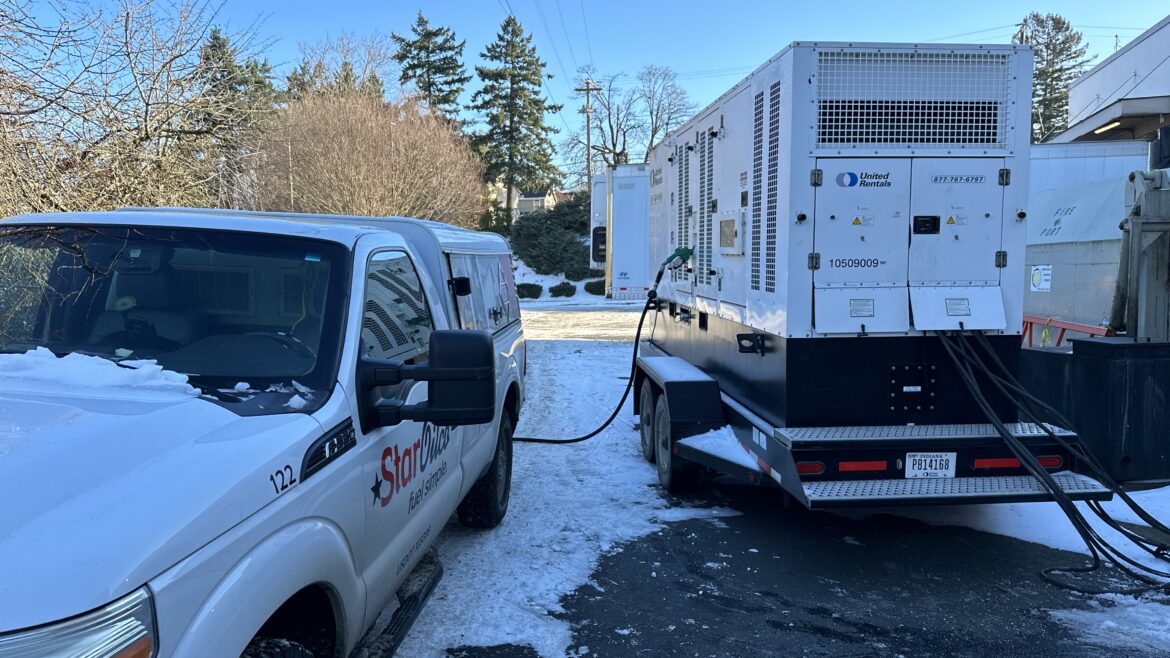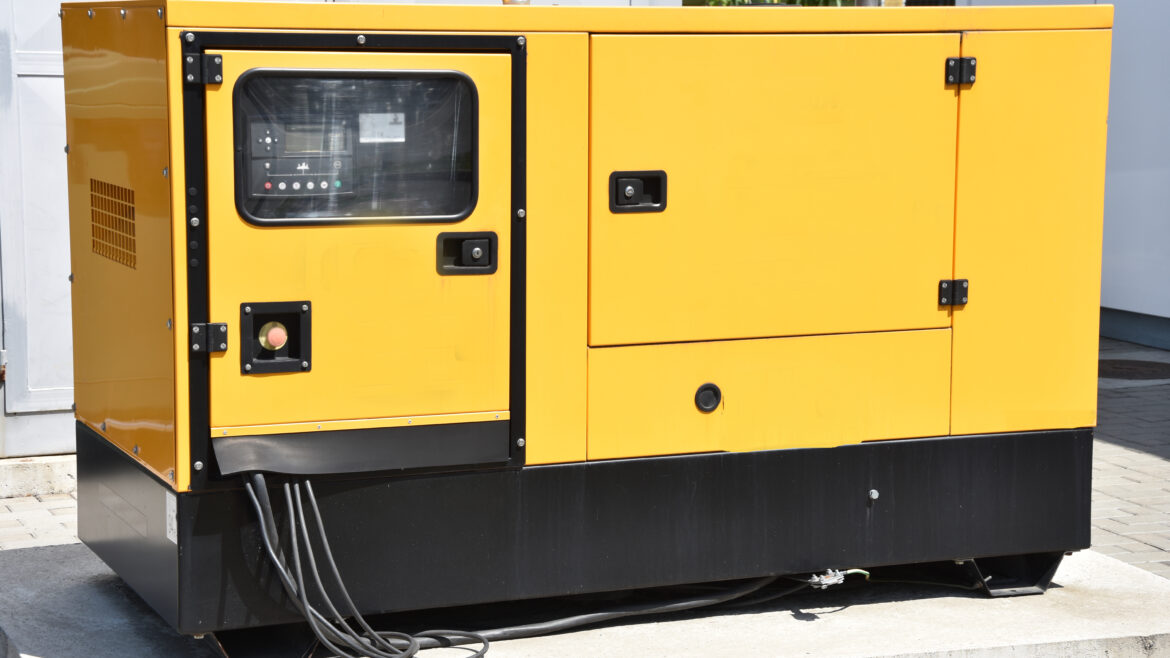Emergency Back-up Fuel
Do you need your Emergency Back Up generator filled with diesel?
We deliver dyed diesel and will keep your equipment full for you.
When the Power goes out, we have diesel ready to keep your back up generator fueled. We can also set up automatic fueling with confirmation for your facility team’s needs.

We have drivers on the road today with diesel.
When was the last time you had your generator filled with stabilized diesel? We deliver off road diesel treated for long term storage.
Open an account with Star Oilco today and prepare for the next power outage.
Recent heat waves might have caused power outages. Make sure your generators are full for this winter now.
Are you prepared for the next emergency? Have you filled up since the last time? Keeping your back-up generator fueled could be the difference between an inconvenience and a disaster. Stay ahead of the next emergency and re-fuel now.
Remember that ordering diesel for your generator is a specialized service, we will make it easy for you.
Getting the fuel for your generator or emergency equipment is only one part of the problem. How you store it can be just as important. This is why its important to work with a company that can help you.
You want to stabilize and treat your diesel for generators and other back up equipment.
Order fuel treated for long term storage!
Star Oilco is an expert at fueling back-up generators, emergency water pumps, and other long term off-road diesel storage requirements. We understand, that in the Pacific Northwest, biodiesel blending is required by state laws. Biodiesel needs an extra layer of care when stored as a back-up fuel.
Most off-road diesels and heating oils are ultra low sulfur diesel containing at least 5% quantity of biodiesel. This means long term storage requires a proactive approach. You can’t just hope it works, or wait to see if the fuel will burn after years of storage.
Proper Generator Fuel is a specially treated oxidative stabilized off-road fuel designed to store for years.
Fueling a backup generator is a specialized product. The fueling service requires a vendor who understands your needs and keeps you up and running in an emergency.
Generators take off-road diesel, of course, but you want an ultra low sulfur diesel to ensure it works with modern emission systems. Some companies deliver higher sulfur product that look the same but foul the emission systems of your equipment.
Beyond the service provided, you also want a vendor who offers a fuel stabilizer and biocide for the special long term storage needs of your backup generator. Star Oilco recommends you add a biocide and long term storage stabilizer to your fuel to ensure it is good whenever you need it.
Use additives designed to prolong the life of your emergency diesel fuel.
Biocides prevent the growth of biological activity in the tank. In scenarios wh ere micro-organisms like algae, bacteria, yeasts, and other bugs are growing in your fuel, biocides kill this growth. It is still important to remove the residual grit and other contaminants that are the hallmark of bugs growing in your tank. Usually, turning over the fuel or using a filtration can remove this.
ere micro-organisms like algae, bacteria, yeasts, and other bugs are growing in your fuel, biocides kill this growth. It is still important to remove the residual grit and other contaminants that are the hallmark of bugs growing in your tank. Usually, turning over the fuel or using a filtration can remove this.
If your tank absolutely has to be clean, you can contract a tank professional to enter the tank and physically clean the tank bottom or reline the tank with either fiberglass or an epoxy resin. We use Valvtect Bioguard Plus 6 for generators, emergency water pumps, backup boiler fuel, and other long term storage purposes. This product kills any existing biological growth and stabilizes your fresh diesel fuel for long term storage. Make sure your diesel is ready the next time you need backup power.
Water in diesel destroys fuel quality rapidly. Check your tank for water every fall and spring.
Pumping the tank bottom removes water if it ever finds its way into your storage tank. Additionally, you want to put in an absorbent material designed to absorb water and not fuel. If your long term storage tank has water and you are not planning to burn 100% of the fuel in the near future, DO NOT add anything that removes water by distributing into the fuel. Adding a “fuel drier” that actually pushes the water into solution with the diesel will worsen the long term quality of your fuel, not improve it. That water is where bugs find their home to grow in fuel.
Star Oilco will test your fuel at no charge if you have an open account.
Feel free to call us with any questions you may have about long term storage of diesel. Star Oil can also deliver treated diesel ready for long term storage complete with Hydrotex PowerKleen Premium Diesel additive to improve the long term storage quality of your fuel. For biocide, we use Valvtect BioGuard fuel microbiocide to kill any possible biological activity and prevent any chance of it starting.

If you have a long term diesel storage tank and you are in the Portland, Oregon area, we are here to test your fuel. Make sure your diesel is there for you when disaster strikes.
Tank Testing Form
For more reading on diesel fuel quality assurance:
Fight Humbug in your Diesel Tank (using Valvtect Bioguard Plus 6 to stabalize your stored diesel)
Diesel Fuel Technical Review (an easy to read and free text book on diesel fuel)
Emergency Back Up Generator Fuel Quality (designed to provide a checklist to help Facility Managers keep those back up generators ready for emergency action)
Using Desicant Breathers to keep diesel fuel dry and clean (an introductory primer on desicant breathers and how they can be used to keep long term diesel storage drier and cleaner)
Using Diesel Filters to clean up your diesel fuel quality (an introductory primer on using aggressive filtration in line with diesel fuel dispensing for fuel quality assurance)


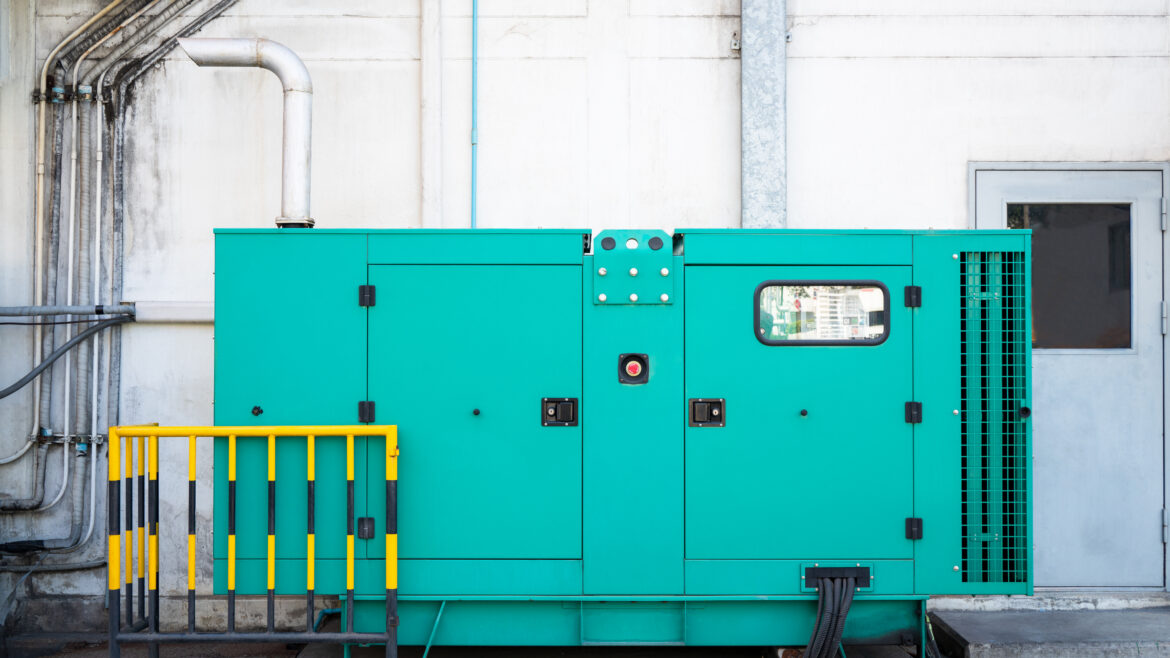
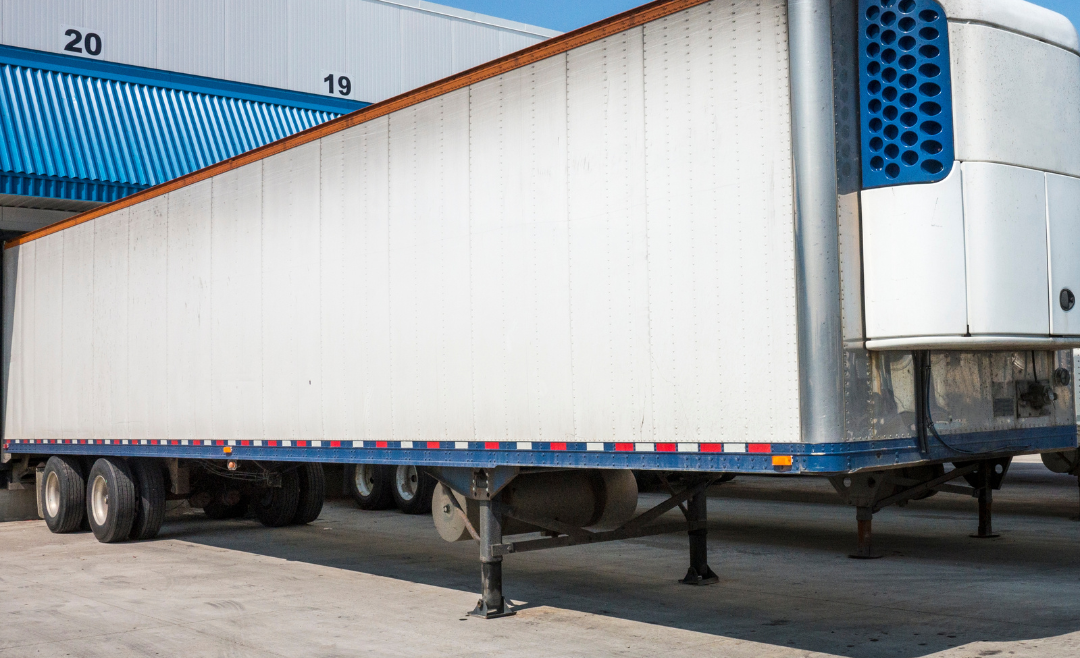



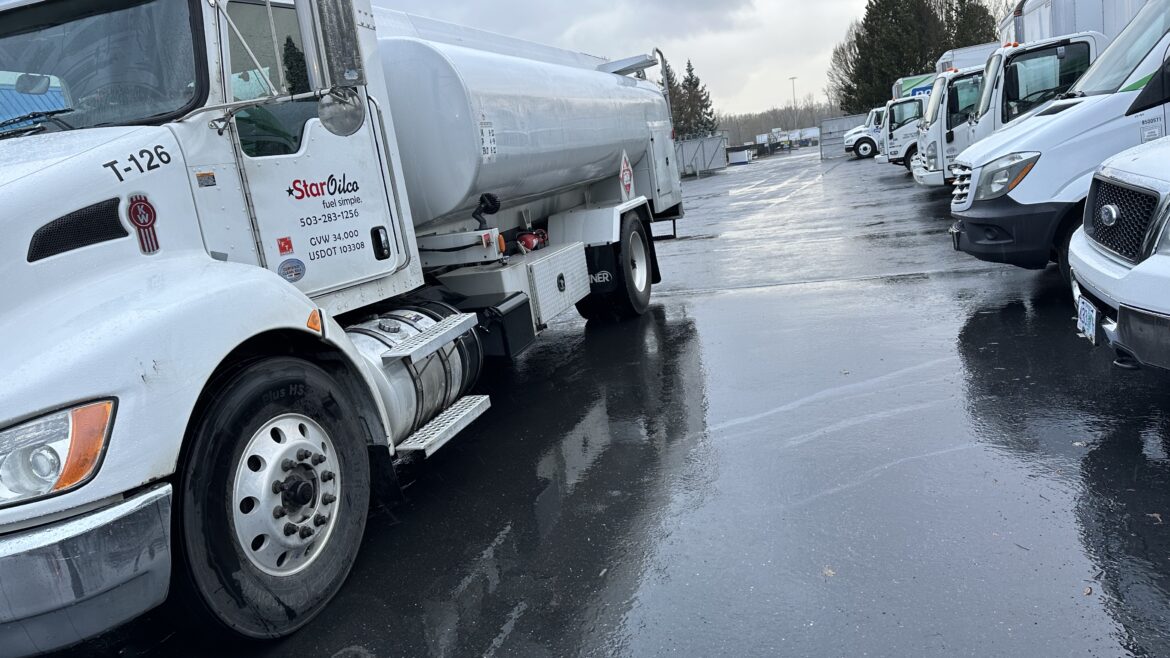
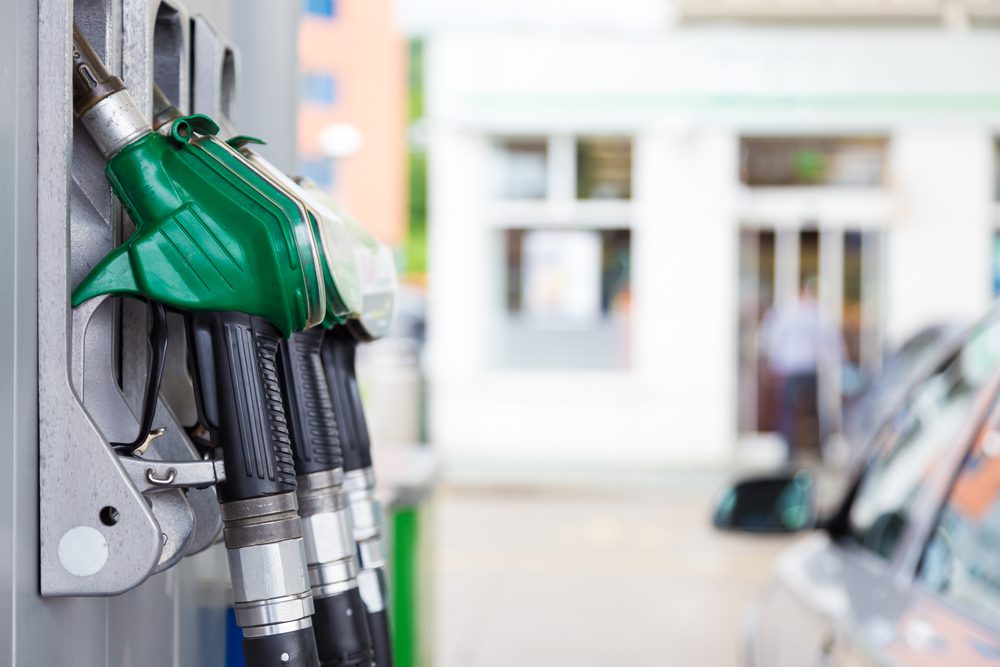
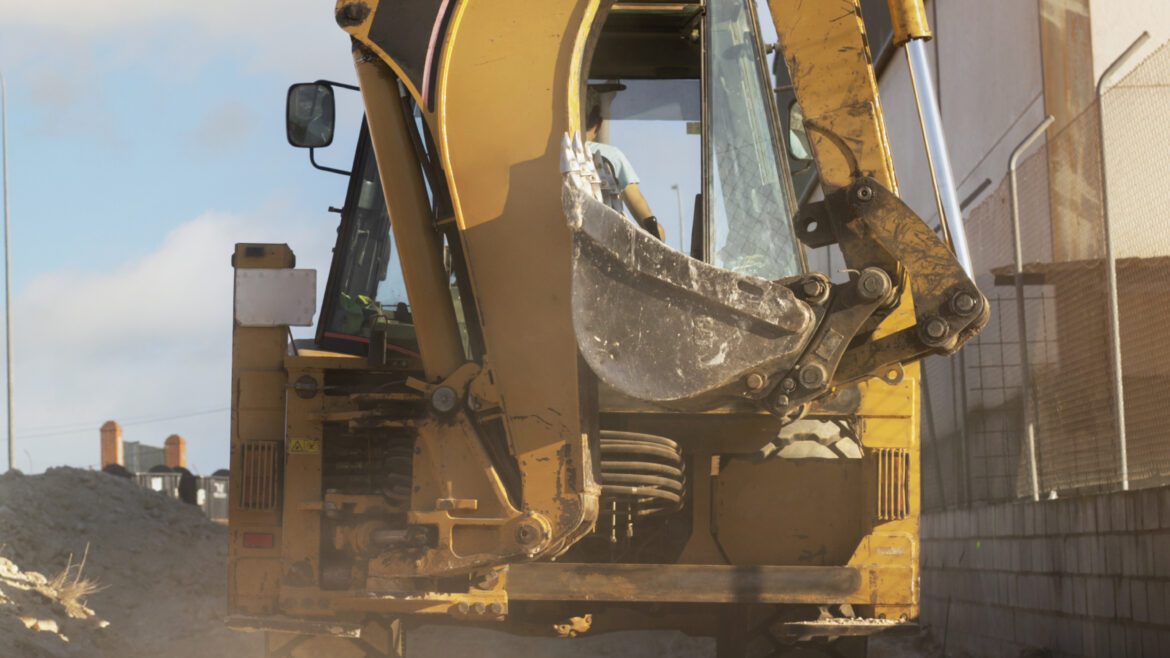






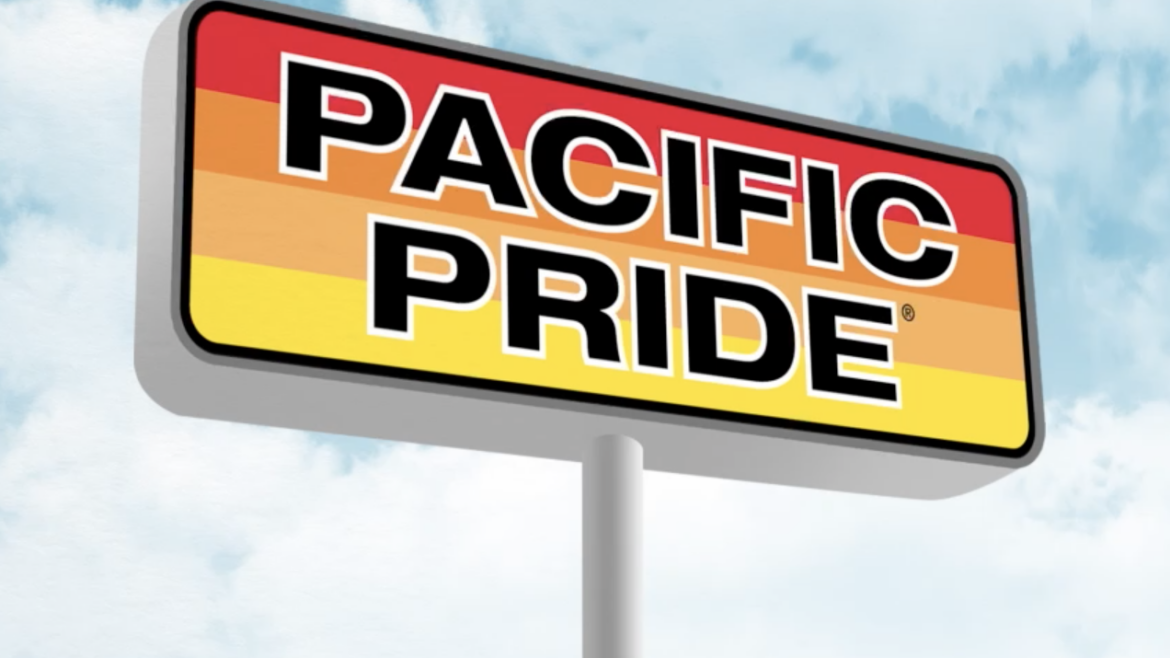
 Star Oilco is an Independent Franchisee of Pacific Pride
Star Oilco is an Independent Franchisee of Pacific Pride











